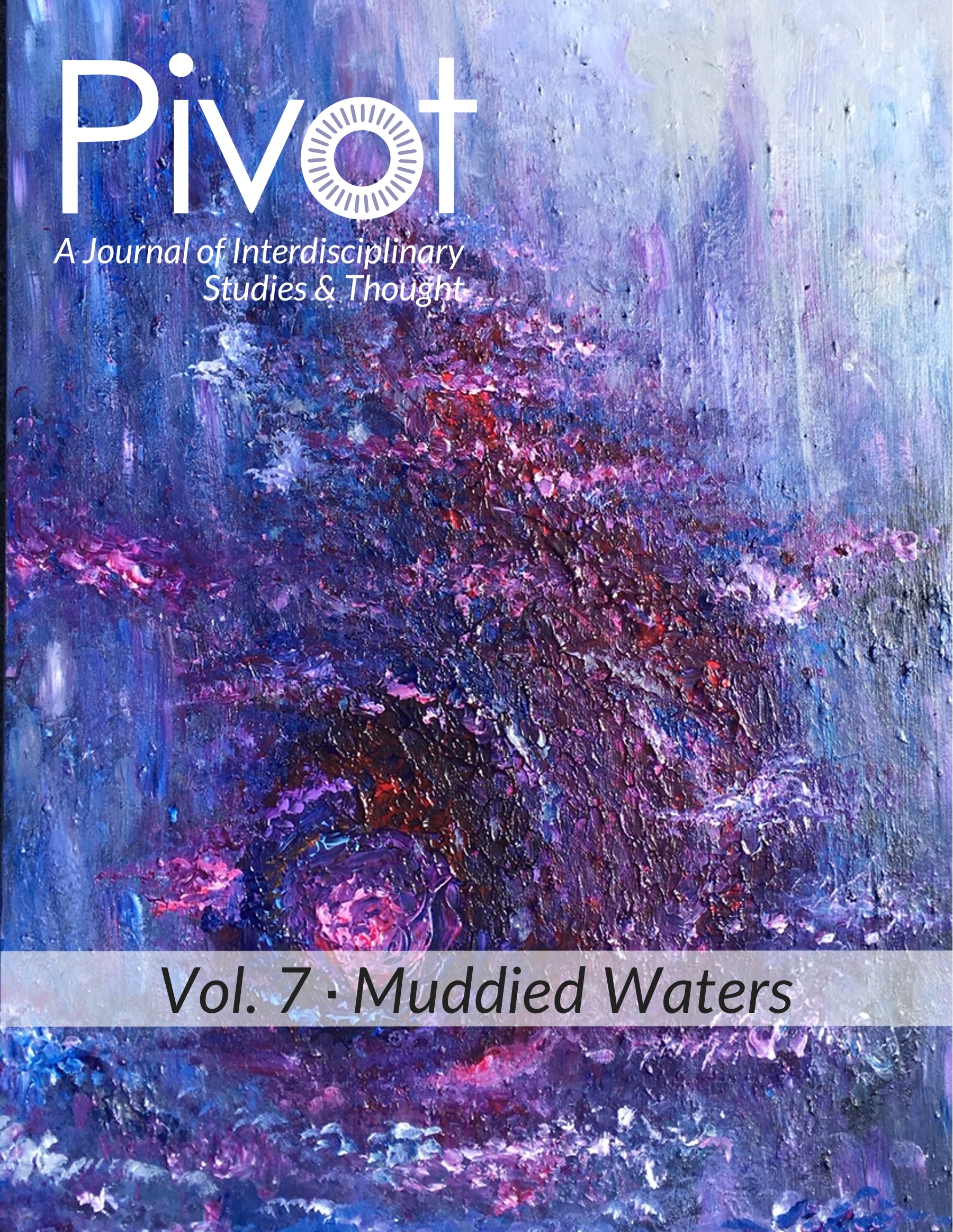Unlovely Seeds: Human/Nature/Wilderness in Isabella Valancy Crawford’s Winona; or, The Foster-Sisters
DOI:
https://doi.org/10.25071/2369-7326.40295Abstract
In 1872, Isabella Valancy Crawford answered a call printed in George-Édouard Desbarats’s weekly story paper the Hearthstone seeking: “narratives, novels, sketches penned by vigorous Canadian hands, welling out from fresh and fertile Canadian brains, thrilling with the adventures by sea and land, of Canadian heroes” (Early and Peterman 25). Crawford’s winning submission to the Hearthstone's call, Winona; or, The Foster-Sisters, reaps the materials for its narrative from “inexhaustible fields” of both “fact and fancy” of a burgeoning Canadian national imagination (25). This paper is interested in exploring the specifically Canadian anxieties expressed by the novel, as this paper examines the manner in which the displaced occupants of the novel’s Howard lodge act as uncanny avatars of the natural world and of a wilderness as they resist (or, are denied) a place in the domestic space established by the “national family” (167). In this paper, I argue that Crawford’s Winona, with its attention to both domestic and natural spaces, provides a productive site through which to interrogate the vexed relationship of a newly Confederated country with its own “native materials” (Johnson 7; Early and Peterman 10).
References
Cameron, Emilie. “Indigenous Spectrality and the Politics of Postcolonial Ghost Stories.” Cultural Geographies, vol. 15, no. 3, 2008, pp. 383-393. DOI: https://doi.org/10.1177/1474474008091334
Crawford, Isabella Valancy. Winona; or, The Foster-Sisters. Broadview, 2007.
Dewart, Edward Hartly. “Introductory Essay to Selections from Canadian Poets.” Towards a Canadian Literature: Essays, Editorials, and Manifestos, edited by Douglas Daymond and Leslie Monkman, Tecumseh, 1984, pp. 50-59.
Dunn, Margot. “Crawford’s Early Works.” The Crawford Symposium, edited by Frank Tierney, U of Ottawa P, 1979, pp. 19-32. DOI: https://doi.org/10.2307/j.ctv8xnf98.6
Freud, Sigmund. “The Uncanny." The Standard Edition of the Complete Psychological Works of Sigmund Freud, Volume XVII (1917-1919), edited by James Strachey, Hogarth Press, 1955, pp. 217-256.
Early, Len, and Michael A. Peterman. “Introduction.” Winona; or, The Foster-Sisters. By Isabella Valancy Crawford, Broadview, 2006, pp. 9-61.
Galvin, Elizabeth. Isabella Valancy Crawford: We Scarcely Knew Her. Dundurn, 1994.
Gibson, John. “Introduction to the New Series of the Garland.” Towards a Canadian Literature: Essays, Editorials, and Manifestos, edited by Douglas Daymond and Leslie Monkman, Tecumseh, 1984. pp. 31-37.
Goldie, Terry. Fear and Temptation: The Image of the Indigene in Canadian, Australian and New Zealand Literature. McGill-Queen's UP, 1989.
Johnson, Loretta. “Greening the Library: The Fundamentals and Future of Ecocriticism.” Choice, vol. 1, 2009, pp. 7-13. Johnson, Pauline. “A Strong Race Opinion: On the Indian Girl in Modern Fiction.” Appendix 4. Winona; or, The Foster-Sisters, by Isabella Valancy Crawford. Edited by
Len Early and Michael A. Peterman, Broadview, 2006, pp. 9-61.
Kay, Ailsa. "Sensation and Civility: Protecting the Confederation Family in Isabella Valancy Crawford’s Winona; Or, the Foster-Sisters." Studies in Canadian Literature/Études en littérature canadienne, vol. 35, no. 2, 2010, pp. 165-184.
Mazoff, Chaim. Anxious Allegiances: Legitimizing Identity in the Early Canadian Long Poem. McGill-Queen's UP, 1998.
McGee, Thomas D’Arcy. “A Canadian Literature.” Towards a Canadian Literature: Essays, Editorials, and Manifestos, edited by Douglas Daymond and Leslie Monkman,Tecumseh, 1984, pp. 41-43.
McGee, Thomas D’Arcy. “Protection of Canadian Literature.” Towards a Canadian Literature: Essays, Editorials, and Manifestos, edited by Douglas Daymond and Leslie Monkman,: Tecumseh, 1984, pp. 43-45.
McKay, Don. Vis À Vis: Fieldnotes On Poetry and Wilderness. Gaspereau Press, 2001.
Sugars, Cynthia. Canadian Gothic: Literature, History, and the Spectre of Self-Invention. 1st ed., U of Wales P, 2014.
Tracy, Dale Alexandra. "Heirs, Apparently: Nation-Building in Isabella Valancy Crawford's Winona." ESC: English Studies in Canada, vol. 37, no. 3, 2011, pp. 107-121.
Turner, Kate, and Bill Freedman. “Nature as a theme in Canadian literature.” Environmental Reviews, vol. 13, no. 4, 2005, pp. 169-197. DOI: https://doi.org/10.1139/a05-013
Wilson, Daniel. “A Review of Charles Sangster’s The St. Lawrence and the Saguenay.” Towards a Canadian Literature: Essays, Editorials, and Manifestos, edited by Douglas Daymond and Leslie Monkman, Tecumseh, 1984, pp. 45-49.

